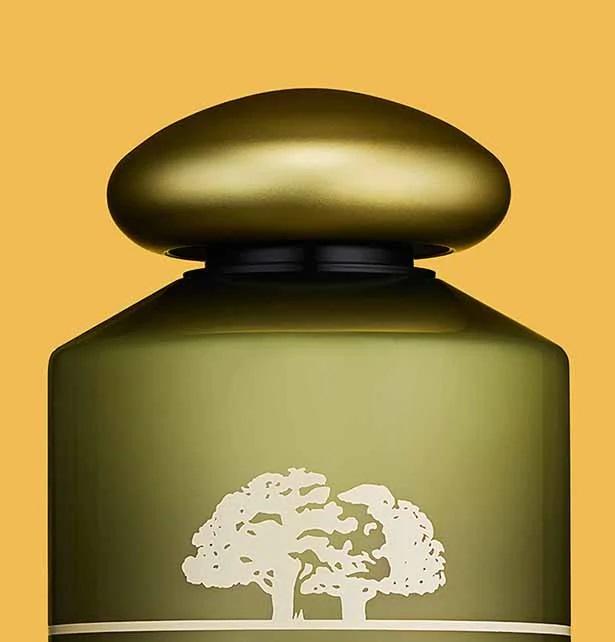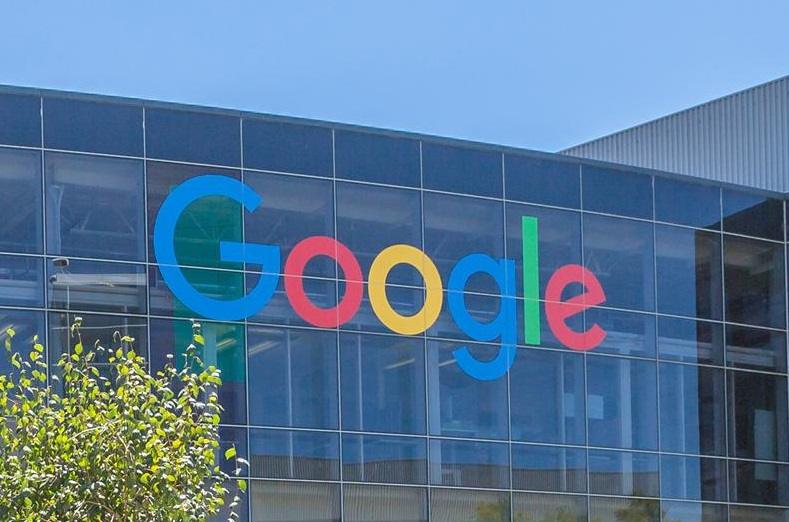Estée Lauder’s Origins Skin Care Brand to Launch Sustainable Packaging with SABIC and Albéa
Prestige beauty company Estée Lauder Companies (ELC) announced today that its Origins skin care brand is partnering with multinational chemical company SABIC and beauty packaging manufacturer Albéa, aiming to bring an advanced recycled tube package to market in 2021.Origins will become the first prestige beauty brand to utilize a tube packet format made from previously difficult to recycle, post-consumer mixed plastics material, using SABIC’s advanced recycling technology.
Estée Lauder stated that the new strategic partnership aligns with the company’s sustainable packaging goals, which includes increasing the amount of post-consumer recycled (PCR) material in its packaging by up to 50% by 2025, as well as with Origins’ efforts to ensure that at least 80% of the brand’s packaging by weight is recyclable, refillable, reusable, recycled or recoverable by 2023.
Sushil Iyer, Vice President, Global Packaging, The Estée Lauder Companies, said:
“At The Estée Lauder Companies, we approach sustainable design options for our prestige and luxury packaging with a spirit of collaboration. To further our focus on reducing the potential environmental impacts of a package across its lifecycle, we are proud to partner with SABIC and Albéa on Origins industry-first sustainable packaging innovation. Exploring the uses of advanced recycled PCR has incredible potential to help drive the achievement of our sustainable packaging goals, and we are excited to bring this product to market.”
According to Estée Lauder, the new sustainable packaging solution will launch with Origins’ best-selling Clear Improvement Active Charcoal Mask. The mask will be packaged in a tube developed by Albéa , and composed of a circular polymer resin made using SABIC’s revolutionary, certified circular polyethylene and polypropylene advanced recycling technology.
Francesca Damato, Origins Vice President Global Marketing and Product Development, said:
“Respect for the well-being of your skin and our planet is ingrained into our brand’s DNA. It guides our actions and is reflected in our Origins offerings which is why we’re excited to partner with SABIC and Albéa to provide our consumers with a safe, high-quality and responsible packaging solution that helps reduce our impact on the environment. Together, we have an exciting opportunity to define how the prestige beauty industry can create sustainable, attractive packaging solutions that please both consumer and the planet. This is a significant first step in the transition towards a circular economy, helping to close the loop on plastic waste.”
SABIC’s technology solution enables the continual conversion of plastics back to original polymers, allowing hard-to-recycle plastics that otherwise have been destined for incineration or landfill to be reused to create high-performance plastics akin to a virgin material. The companies stated that by through the use of this innovative recycling technology, Origins, ELC, SABIC and Albéa are helping to drive innovation across the value chain toward the goal of a circular plastic economy.
Mark Vester, Circular Economy Leader at SABIC, said:
“The new Origins packaging is the result of true collaboration and innovation, and another step closer to closing the loop on used plastics. We are committed to collaborating with partners across the value chain to work towards a more sustainable, circular future.”
Stéphane Barlet, VP of Sales, Albéa Americas, added:
“Albéa has been at the forefront of sustainable development in packaging for many years and was the first beauty packaging company to commit to making their solutions 100% circular by 2025. This breakthrough with Origins, The Estée Lauder Companies and SABIC is an industry first – paving the way for the use of advanced recycled, post-consumer waste into prestige beauty packaging thanks to an innovative source of high-quality resins. This co-development also highlights the importance of partnership and audacity across the value-chain, which is crucial to accelerate the transition to recyclable and reusable packaging.





